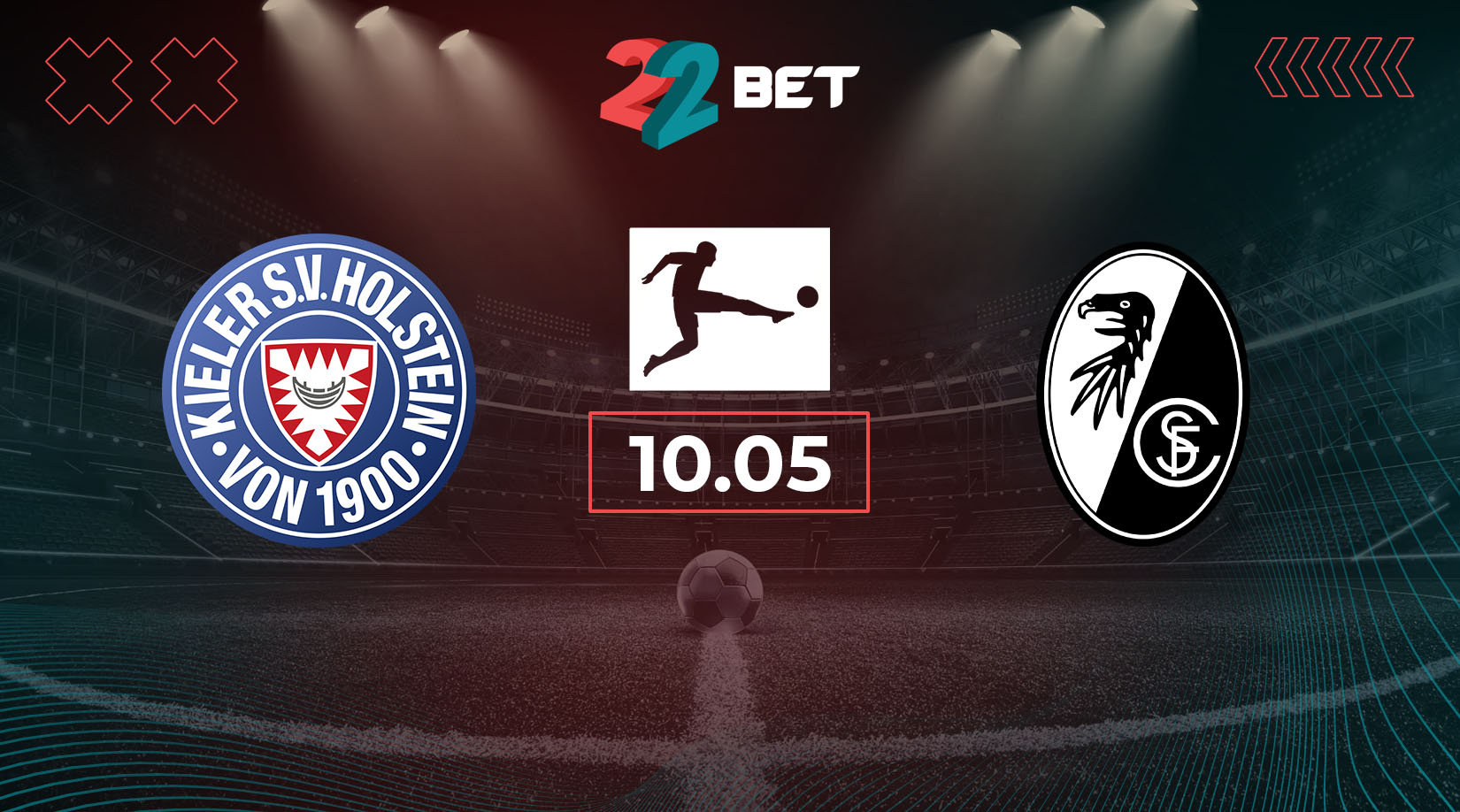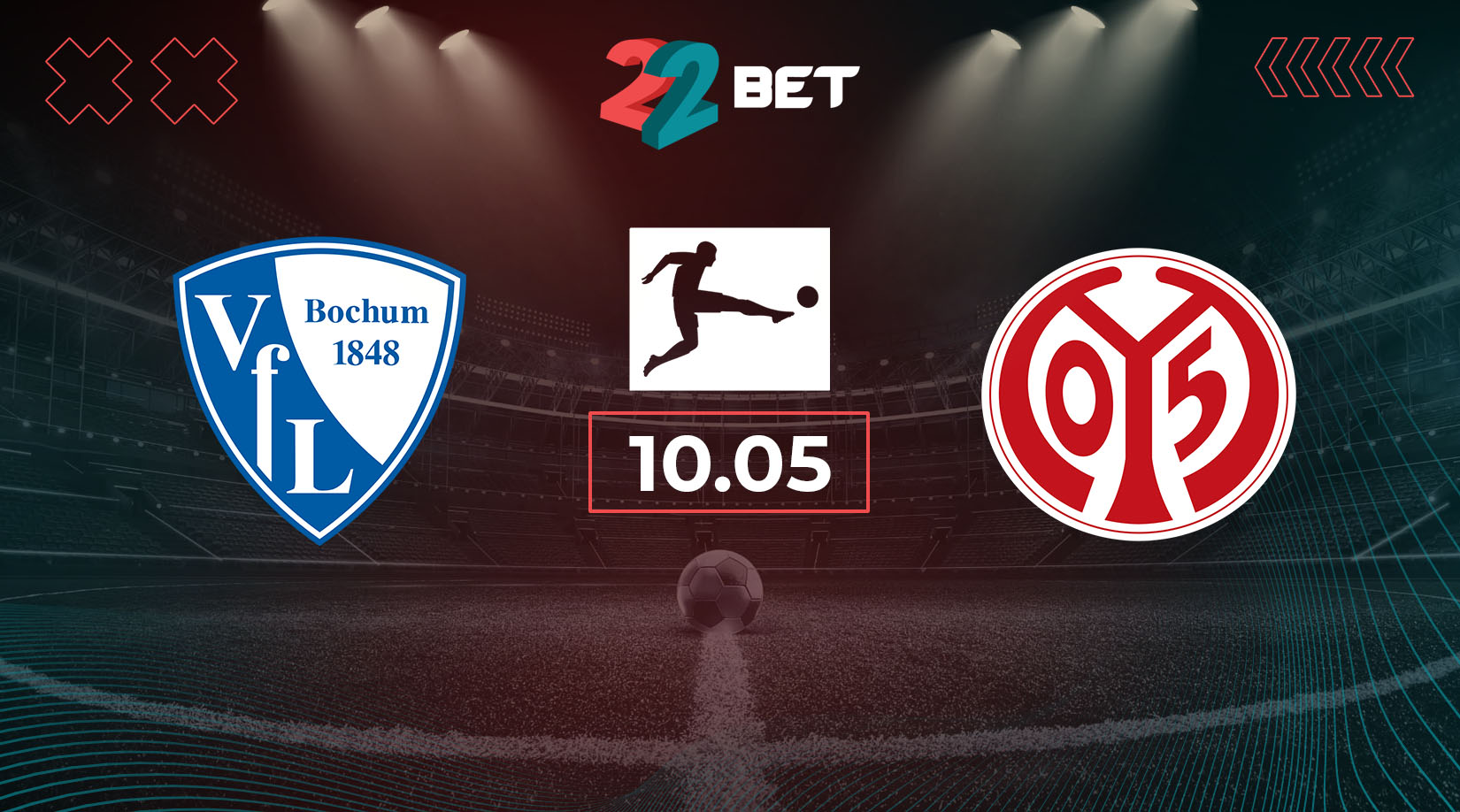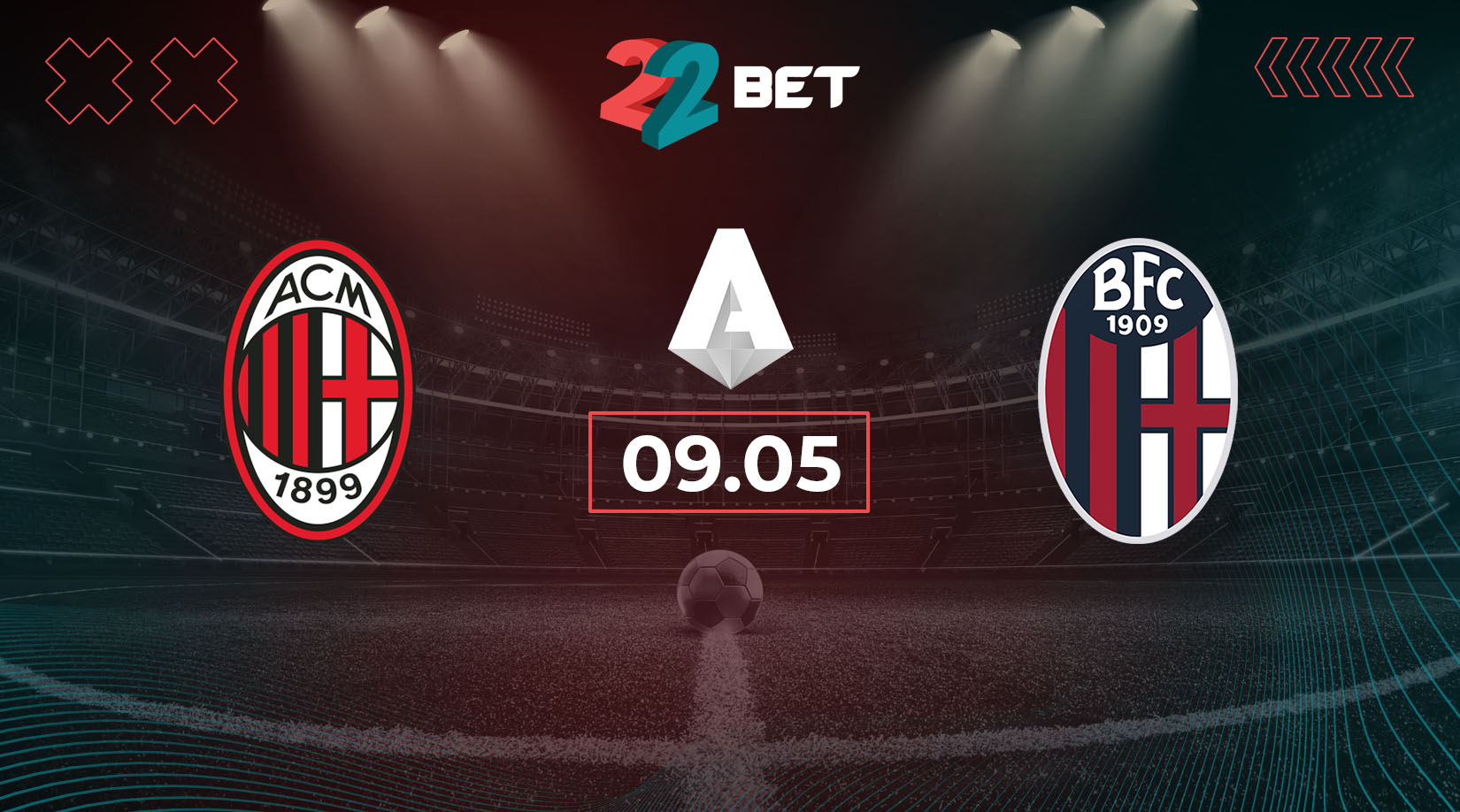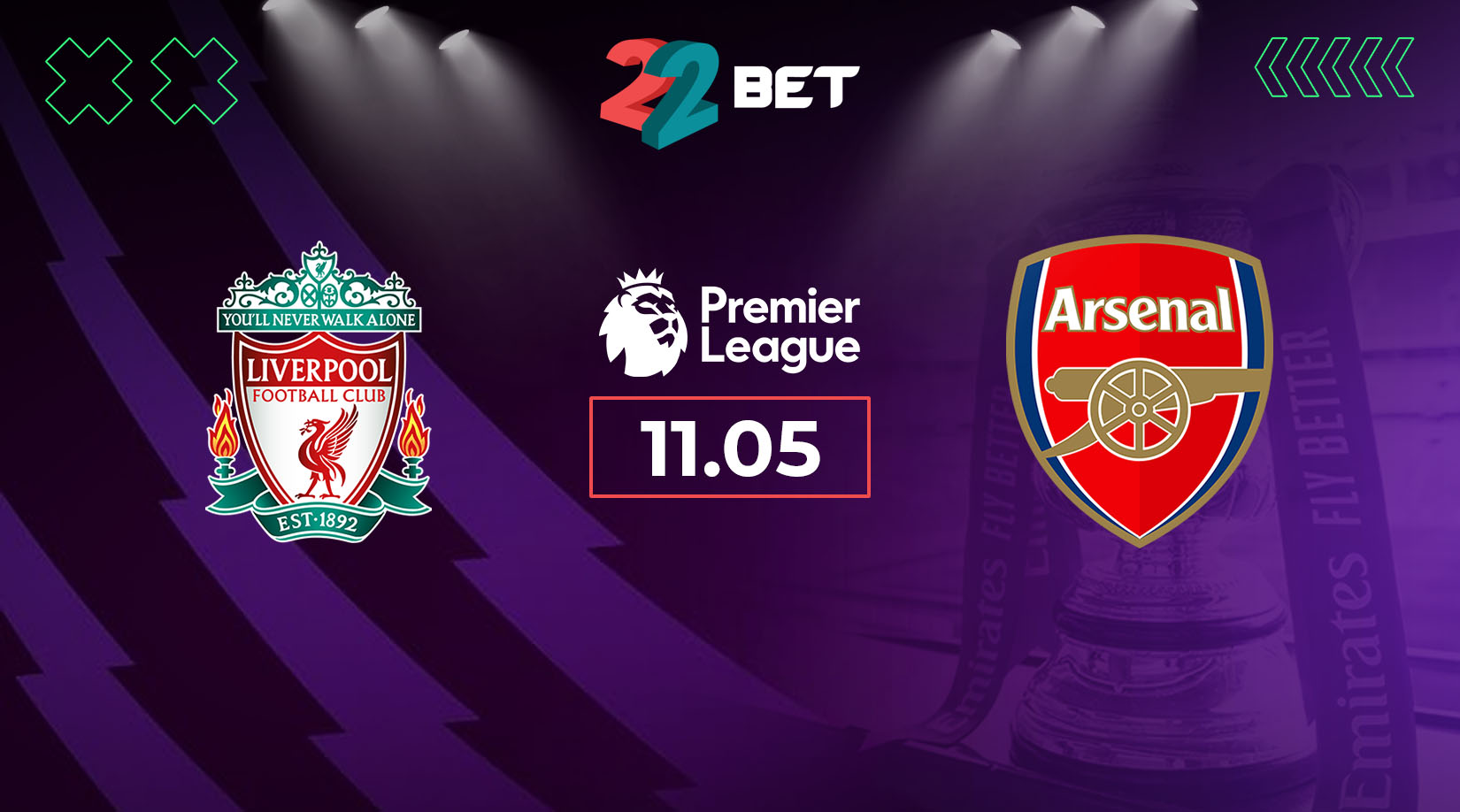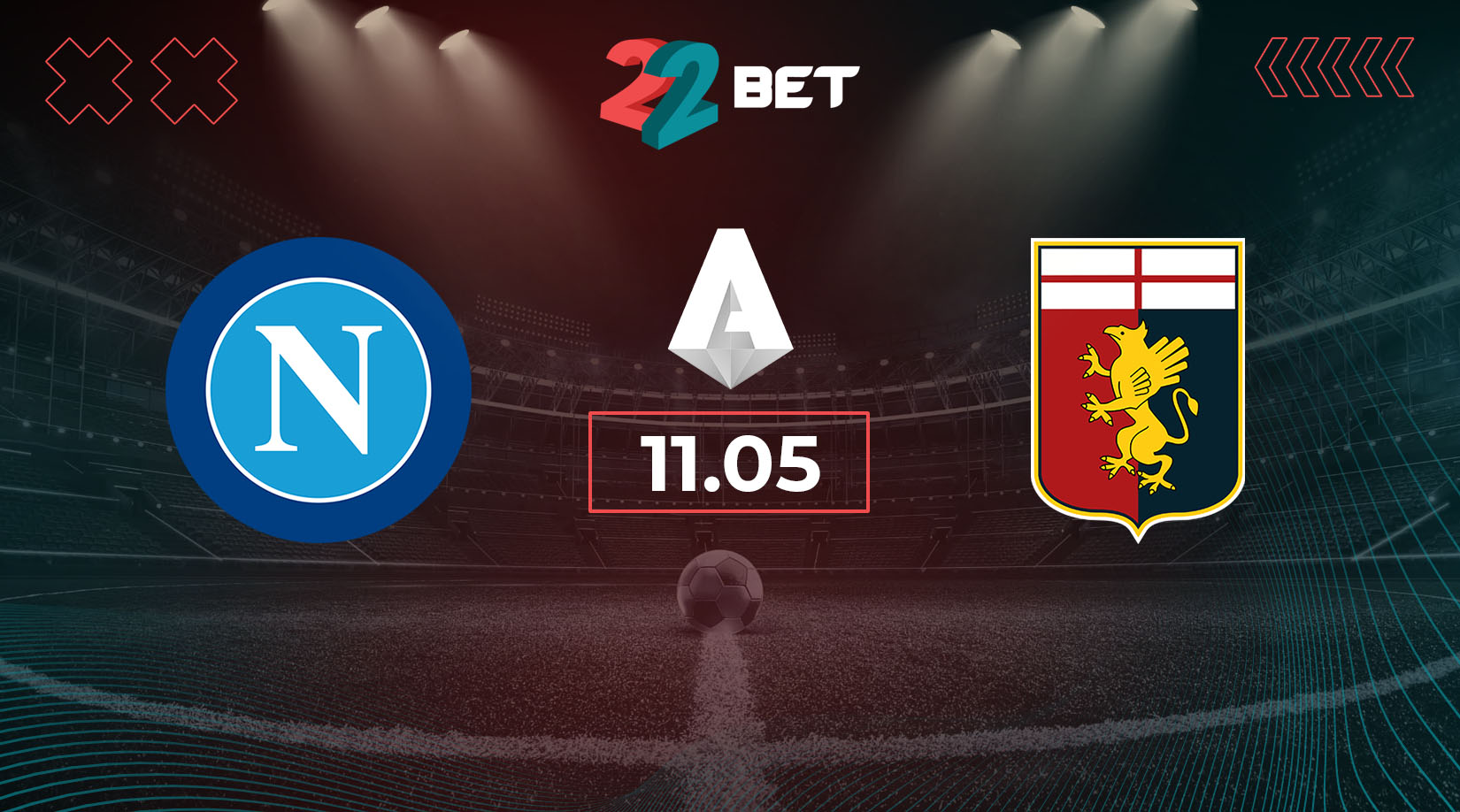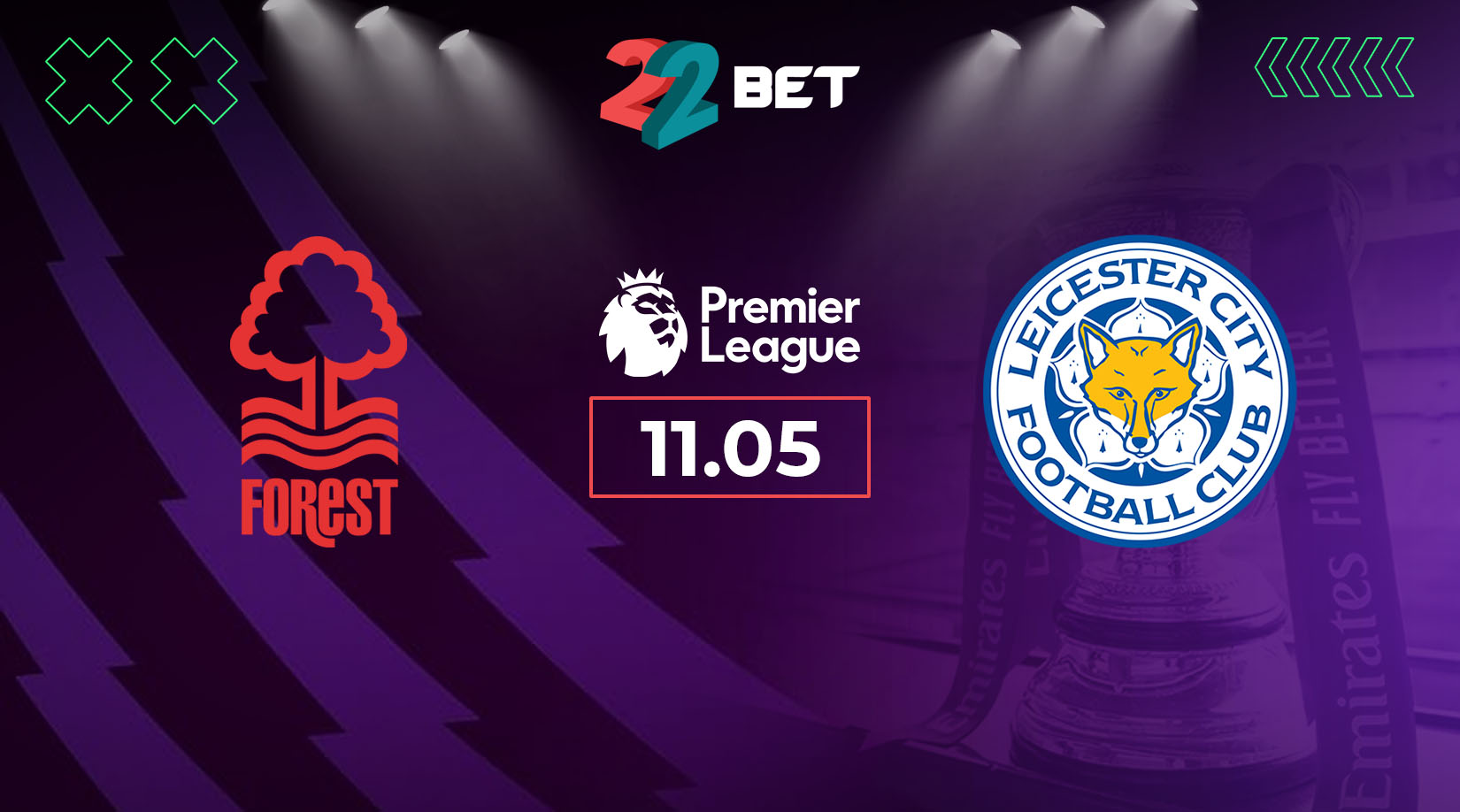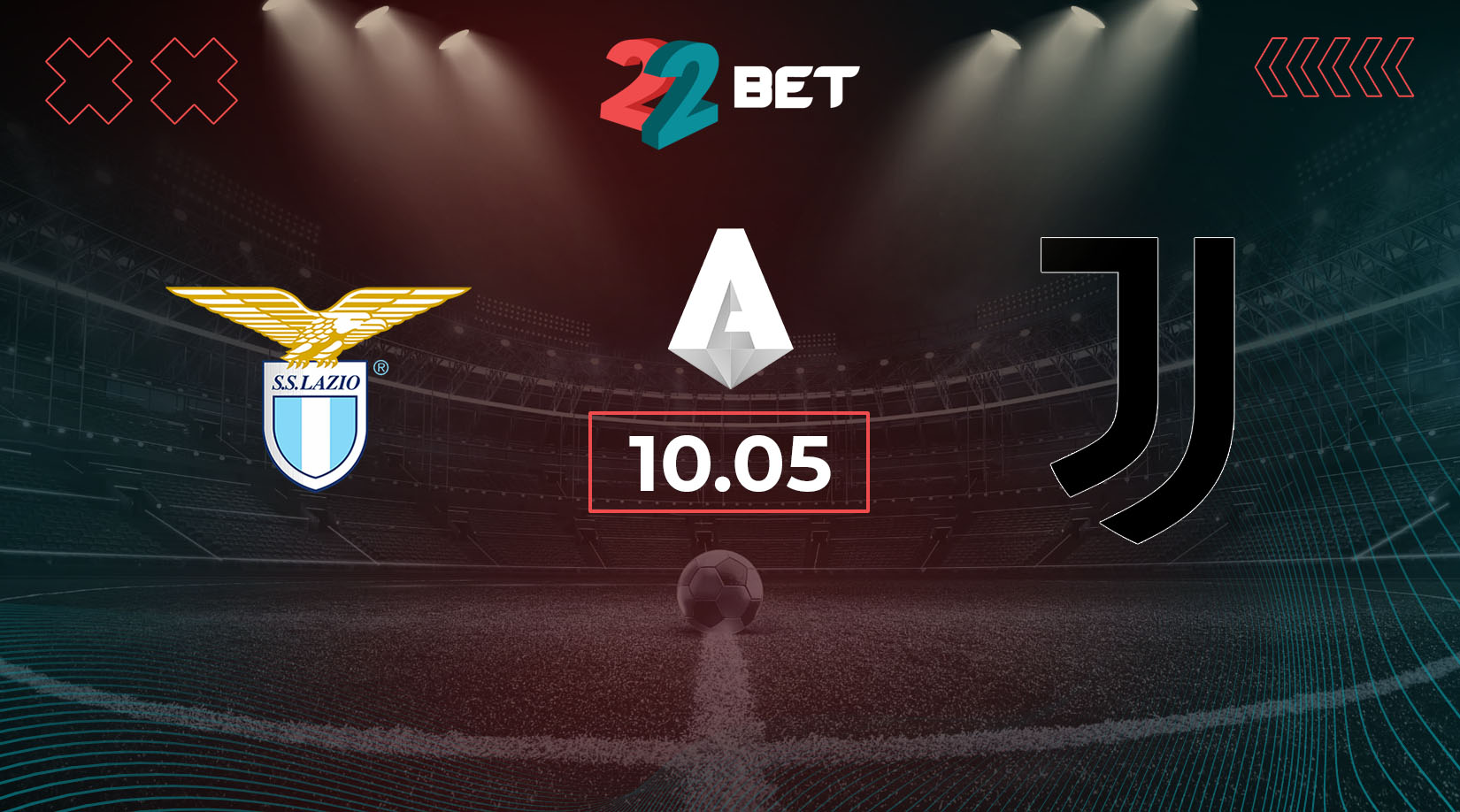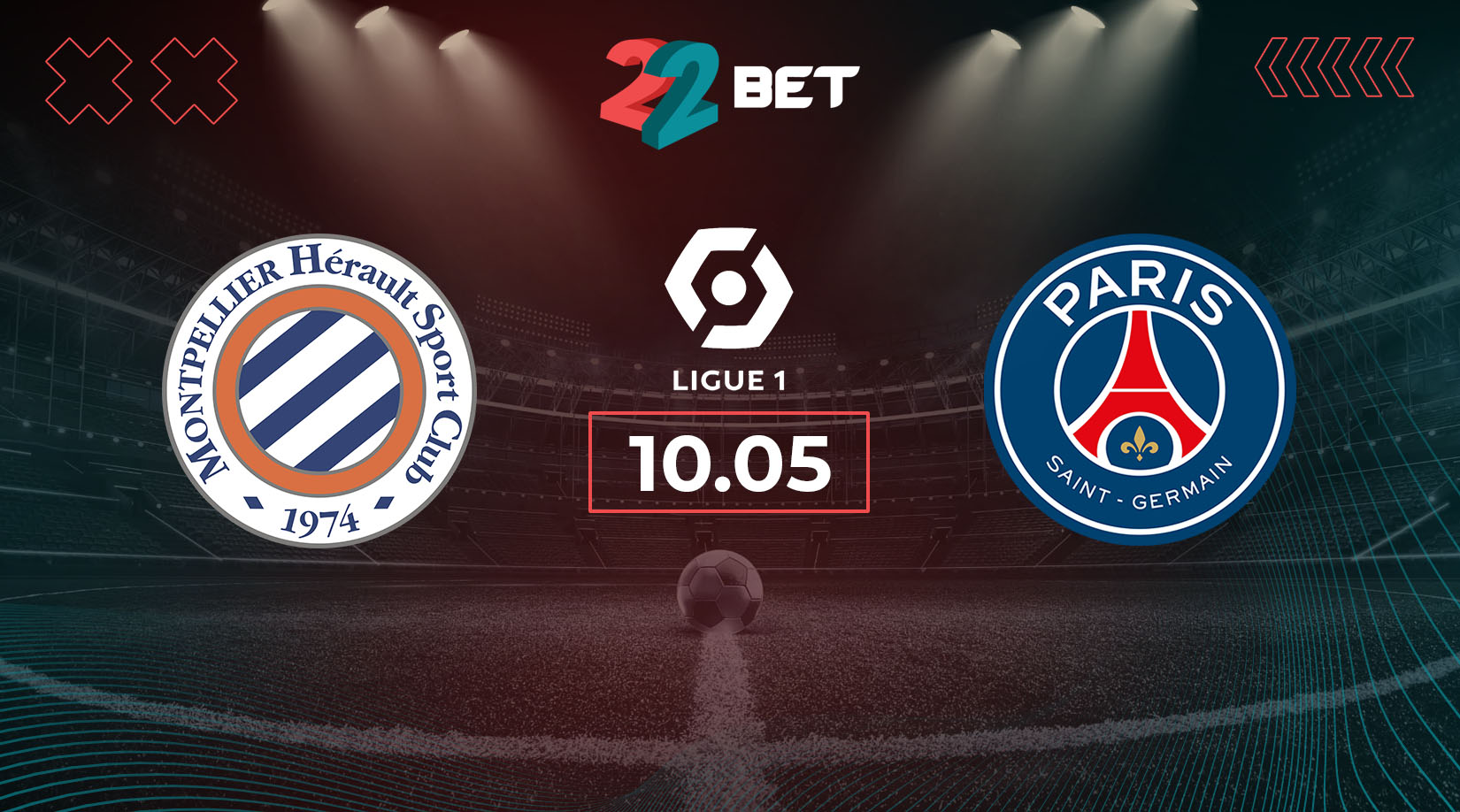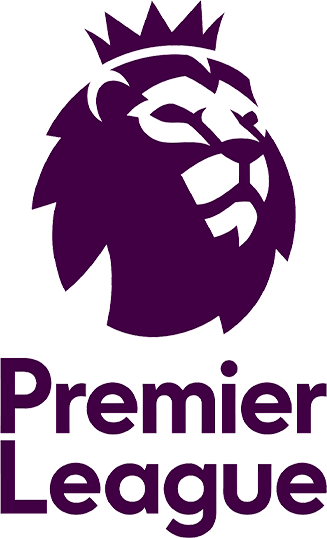In the ever-evolving world of sports betting, navigating the maze of regulations in different countries can seem like trying to predict the outcome of the NBA finals before the season starts. And with how betting regulations can vary widely depending on where you find yourself, it adds layers of complexity for both bettors and sportsbooks.
From the bustling streets of London to the vibrant markets of Africa, bookies have been taking wagers for years, bobbing and weaving with ever-changing regulations.
Why the constant shuffle, you ask? Well, the essence lies in the integrity of the game and how people will always try to outsmart the system. Regulations aren’t just bureaucratic hurdles; they’re the referees ensuring a clean match. Without them, the game would be a chaotic free-for-all, and without a doubt, the house would take full advantage of every single bettor. Even if you’re just looking at advertising, regulators need to make sure nobody is lying or playing unfair.
There is a huge difference between legal vs illegal sports betting, and when you take a chance on the latter, you’re almost always going to get fleeced.
Take Europe, for example. The European Gaming and Betting Association (EGBA) wields its regulatory stick, dictating the dos and don’ts. But make no mistake – it’s not a one-size-fits-all scenario, as each country has its own legal background. The criteria for getting a license in Europe might be as different as Messi and Ronaldo’s playing styles.
Meanwhile, across the pond in the United States, each individual state dictates its own betting laws and regulations. Washington, Indiana, and New Jersey each have their own set of rules that dictate everything from sports betting odds to rollover laws. It’s like a sports betting mosaic.
So come with us as we explore what sports betting looks like across the globe, looking at some of the biggest markets and what to expect when betting with bookies from that region.
The Global Overview of Sports Betting Licensing
Licensing is much more than just a formality, especially for sportsbooks in some of the world’s larger markets, as licensing jurisdictions can get pretty messy.
Some bookmakers may come from a more relaxed gambling environment in their home country, but if they want to expand somewhere new, they have to jump through more hurdles than they can count.
The United States is probably the hardest market to get into, though, not only because of its dominant players but also due to its patchwork legal system. Each state has near complete autonomy to set its own laws, leading to a ton of variety depending on the region.
Now, if you hop back across the pond to Europe, the European Gaming and Betting Association dictates laws at a much more top-down level with an army of bureaucrats. As opposed to giving each region autonomy, they try to harmonize gambling standards across nations for several reasons.
Moreover, in niche markets like South Africa and Canada, you have even more hoops to jump through. This goes double in Canada’s case, where it seems like laws across every industry are strict, not just gambling apps and sites.
However, it’s not just the big players that have to worry about laws – even if you’re a regular citizen, the punishment for illegal sports betting can be harsh in some areas of the world. The consequences can range from a simple slap on the wrist to actual jail time.
If you value the money in your pocket and don’t wish to get involved with the law, stick to on-shore bookies.
The European Perspective: EGBA’s Stance on Licensing
The European Gaming and Betting Association (EGBA), oversees the complex web of gambling regulations within the European Union. In Europe’s tightly regulated online gambling sector, companies operate under licenses, sometimes multiple, each carrying unique compliance requirements. Currently, 25 out of 29 European countries have adopted their multi-licensing plans.
This move towards multi-licensing has been a game-changer, though, fostering a better-regulated and competitive online gambling market. However, there have definitely been some hiccups here and there.
Seeing as licensing rules can differ among European countries, the administrative burden and costs for operators dealing with multiple products and countries can be tough. In 2021 alone, EGBA’s six member companies juggled an impressive total of 225 online gambling licenses to serve nearly 30 million customers across 21 European countries.
While this complex web of gaming laws has definitely done its job of keeping bettors safe, it has thinned the number of sportsbooks on the market. And unfortunately, an uncompetitive market lacking in choices may lead players to explore international websites outside their country’s licensed market, entering the realm of the “grey market” or, worse, unlicensed and unregulated sites.
That is all to say, multi-licensing has been great in a lot of ways, but the EGBA needs to find a way to still encourage competition. Success lies in creating an attractive regulatory environment and ensuring players engage with licensed, regulated, and supervised online gambling websites.
European Gaming and Betting Association’s Guidelines.
The European Gaming and Betting Association can seem like a bureaucratic nightmare, but in reality, they are just trying to make international betting guidelines that work for as many nations as possible.
By coming at the problem with a multi-faceted approach, they’ve been able to figure out a system that works for sports betting in the European Union.
The EGBA’s main goals and general guidelines include:
- Licensing Dynamics: Companies within this sector secure licenses, often multiple, each entailing specific compliance requirements.
- Multi-Licensing Impact: Multi-licensing, embraced by 25 out of 29 European countries, allows both private and publicly owned companies to obtain licenses for online gambling products.
- Diversity in Licensing Rules: Despite the commonality of multi-licensing, each European country maintains unique licensing rules. Factors include the number of licenses permitted and the types of products covered.
- EGBA Member Statistics: EGBA’s six member companies collectively held 225 online gambling licenses, serving nearly 30 million customers across 21 European countries.
- Adaptable Approach: EGBA advocates for an adaptable approach, recognizing the diverse regulatory landscapes of European countries and the need for nuanced licensing strategies.
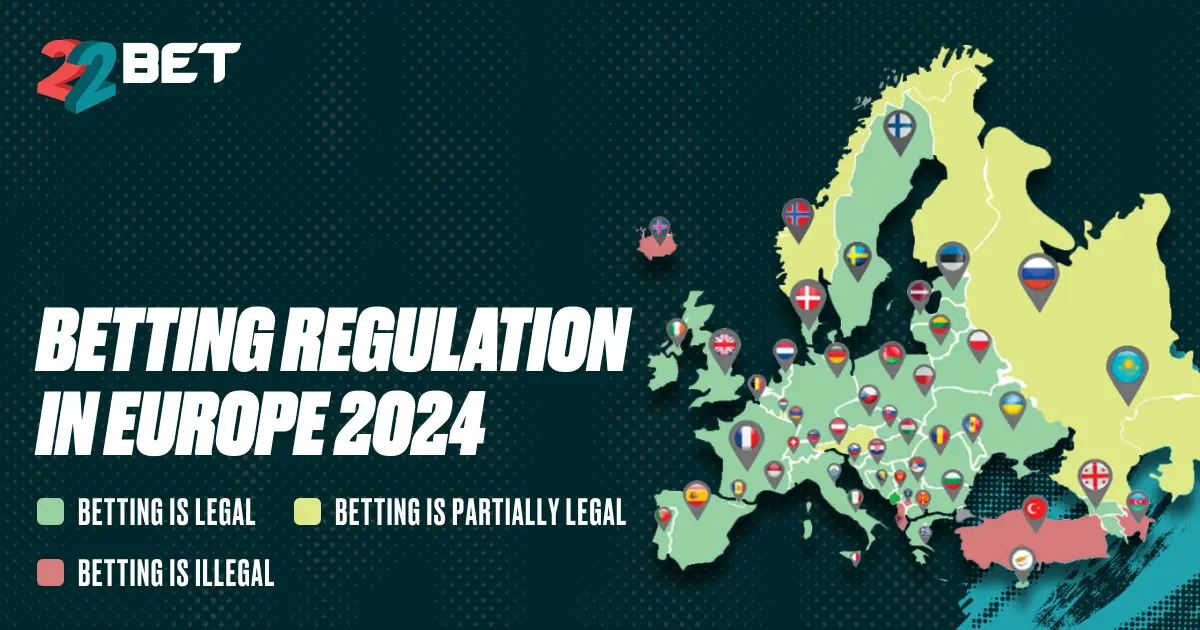
The Process of Securing a Gaming License
Without a legitimate sports wagering license, it’s hard to take a sportsbook or online casino seriously. The last thing anybody wants is to be scammed by a questionable sportsbook without any legal oversight.
While some companies may still try to skirt the line of legality, a license can go a long way in certifying you’re a safe, secure, and legal operator.
Steps and requirements for acquiring a license.
Getting your hands on a legitimate gaming license can be quite complicated, especially when multiple jurisdictions are involved. Luckily, with the rising interest in sports betting advocacy, there’s a growing recognition of the need for streamlined processes. Here are the general steps and requirements:
- Conduct Research: Before applying for a license, you must first research the jurisdiction’s regulatory framework. Different regions can have distinct requirements.
- Financial Stability: Your LLC must next demonstrate financial stability and responsibility. Authorities will want assurances that the licensee has the financial capacity to operate a gambling business without going under.
- Background Checks: Expect rigorous background checks on all individuals associated with the gambling operation. This includes criminal, financial, and professional background checks.
- Technology Compliance: Ensure that your technological infrastructure complies with regulatory standards. This includes secure payment processing, data protection, and fair gaming mechanisms. Many offshore bookies steal data and payment info, so this is a key step.
- Application Submission: Prepare a thorough license application, including all necessary documentation. Submission requirements often include the business plan, financial statements, and personal information for key individuals.
- Application Fee: Be ready to pay a non-refundable application fee. The amount varies widely depending on the jurisdiction and the type of license.
- Waiting Period: Anticipate a waiting period for application processing. This duration can range from a few months to over a year, depending on the jurisdiction.
- Renewal Process: Licenses are typically valid for a specific period, after which renewal is necessary. Ensure timely submission of renewal applications and associated fees.
The Role of the UK Gambling Commission
The UK Gambling Commission (UKGC) regulates all sports betting within the United Kingdom. The standards are rigorous, to say the least, operating under the Gambling (Remote Gambling and Software Technical Standards) Regulations.
So far, these rules have worked fantastically – the UK currently has one of the safest and most trusted gambling environments in the world, adhering to stringent UK Gambling Commission standards.
To start, just like picking players for a dream team, the UK offers different licenses to fit different betting styles. There are both remote and personal operating licenses to set up in-person sportsbooks and online bookmakers, with different rules covering everything from responsible gambling measures to self-exclusion tools.
The UKGC also demands sportsbooks prove the fairness of their games through rigorous testing and certification of gaming software. This not only prevents any foul play but also ensures sportsbooks don’t partake in any money laundering activities.
Towards the end of limited organized crime, the UKGC also conducts thorough background checks, continuously monitors gambling software, and collaborates with law enforcement. They truly take illegal gambling seriously no matter what devices you use for betting.
All in all, it seems like fair play is truly a non-negligible principle for the UKGC, setting stringent standards to maintain the integrity of the entire gambling industry.
Vendor and Supplier Licensing: What Newcomers Need to Know
As licenses serve as the gateway to participating in one of the fastest-growing industries in the world, companies have been happy to jump through hoops to get into lucrative markets.
Whether you’re providing software solutions, processing payments, or supplying crucial betting data, each aspect of the sportsbook requires specific licenses. Understanding these distinctions is key to creating a legal operation and avoiding potential pitfalls.
Newcomers to the industry should also aim to fully understand the nuances of the industry. From data privacy regulations to technological standards, any new sportsbook must familiarize itself with the legal landscape.
Moreover, if you happen to engage with an alternative partner on either the vendor or supplier side, you should really do your due diligence so you don’t get scammed. Unfortunately, it’s a dog-eat-dog world out there, so you need to evaluate factors such as the partner’s reputation, financial stability, and business history. A clear and comprehensive contractual agreement also wouldn’t hurt, but you should already trust your partners to begin with.
Overall, newcomers to the sports betting industry must approach vendor and supplier licensing with diligence and foresight. By exploring the intricate details, understanding compliance requirements, and preparing themselves for industry nuances, newcomers can position themselves for success in this competitive landscape.
Sports Betting Licensing in the US: State-Specific Insights
Sports betting licensing in the US is a patchwork of regulations, with each state setting its own rules. Following the landmark Supreme Court decision in 2018 that struck down the federal ban on sports betting, individual states have been empowered to legalize and regulate the industry, ensuring betting operator compliance.
States like New Jersey, Pennsylvania, and Nevada have emerged as pioneers in the sports betting world, trailblazing laws and new concepts. Regulatory bodies such as the New Jersey Division of Gaming Enforcement, the Pennsylvania Gaming Control Board, and the Nevada Gaming Control Board oversee licensing and enforcement, ensuring integrity and consumer protection.
Conversely, other states have taken a more cautious approach or outright prohibited sports betting. Some, like Utah, maintain strict anti-gambling laws, prohibiting all forms of sports wagering within their jurisdictions. It would be really nice to have something like a sports betting bill tracker for the states, but alas, that’s not a thing.
However, even if gambling is legal in a specific state, sportsbooks still need to pass a ton of criteria to start operating. Like in Europe, getting a gambling license involves background checks, financial stability assessments, and adherence to responsible gambling measures.
It’s really not all that easy to open a sportsbook, even in the “land of the free,” so you better read up.
Understanding the diversity of regulations across different states.
The United States presents a diverse landscape of sports betting regulations, with each state crafting its own approach to legalization and regulation. For example, some states may have different gambling ages or rules for gambling ads.
Let’s explore some US state-specific gambling laws of five individual states:
New Jersey: New Jersey has been at the forefront of US sports betting for years, legalizing sports wagering in 2018 following a Supreme Court ruling. The state boasts a robust regulatory environment that’s overseen by the New Jersey Division of Gaming Enforcement. Its strict regulations cover both retail and online sports betting, setting the standard for other states to follow.
Nevada: Nevada, known for the world-famous Las Vegas, has long been synonymous with gambling, particularly sports betting, dating back to the legalization of casinos in 1931. And for years now, the Nevada Gaming Control Board has regulated sports betting in the state. While other states have embraced legalization in recent years, Nevada remains a cornerstone of the US gambling industry.
Pennsylvania: Pennsylvania legalized sports betting in 2018 along with several other states, expanding its gambling offerings to include both retail and online sports wagering. Within the state, the Pennsylvania Gaming Control Board oversees licensing and regulation, with a focus on consumer protection and responsible gaming practices. The state’s embrace of online betting platforms has contributed to its growing sports betting market.
Colorado: Colorado may not have been the first state to legalize sports betting, but it has become a gambling hub since 2020. The Colorado Division of Gaming regulates the industry, overseeing both retail and online sportsbooks. The state’s legalization has attracted a range of operators, contributing to a competitive sports betting market.
Mississippi: Mississippi legalized sports betting in 2018, like many other states, with a primary focus on retail sportsbooks at licensed casinos. The Mississippi Gaming Commission regulates the industry, ensuring compliance with state regulations. While online sports betting remains limited, the state’s retail-focused approach has driven growth in its gambling market.
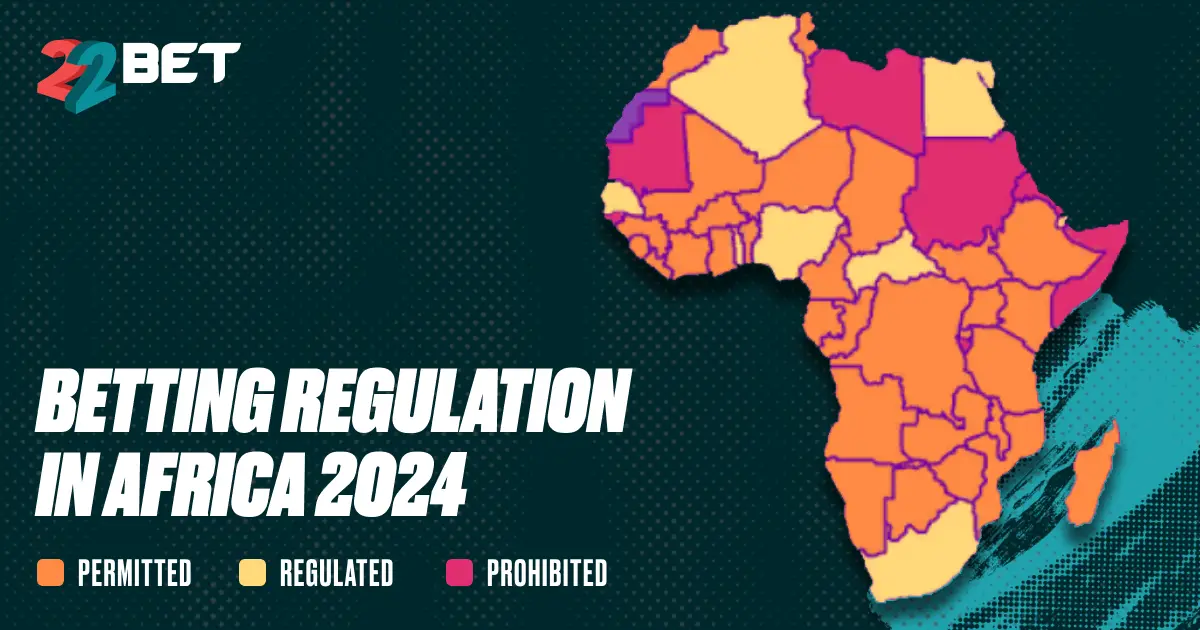
Betting Law in Africa
Africa is one of the fastest-growing sports betting markets, and with its diverse cultures and legal systems, it can seem daunting to enter the continent. And although, in some areas, the legal environment can be relaxed, there are still plenty of betting vendor requirements.
While some countries have embraced gambling as a source of revenue and entertainment, others have imposed strict regulations or outright bans. Let’s delve into the gambling laws in several large African gambling markets.
South Africa: South Africa boasts one of the most developed gambling industries in Africa, regulated by the National Gambling Board (NGB) and provincial regulatory bodies. The National Gambling Act of 2004 legalized various forms of gambling, including casinos, sports betting, and lotteries. However, online gambling remains a grey area, with legislation currently under review. Overall, the South African government imposes relatively strict regulations to ensure responsible gambling.
Kenya: In Kenya, the Betting, Lotteries, and Gaming Act of 1966 and the Betting Control and Licensing Board (BCLB) oversee licensing and regulation. While gambling is legal and widely popular in Kenya, recent regulatory changes have tightened control over the industry. In 2019, the government introduced the Gaming Bill, aimed at curbing underage gambling and promoting responsible gaming practices. Despite regulatory challenges, Kenya remains a hub for innovative gambling platforms, particularly in the mobile betting sector.
Nigeria: Nigeria has a complex gambling landscape shaped by federal and state regulations. The National Lottery Regulatory Commission (NLRC) oversees lotteries, while individual states regulate most other forms of gambling. And while the laws do look strict on a federal level, various state laws permit lotteries, sports betting, and casinos. However, the lack of strong laws and regulations has led to at least a few challenges in enforcing any real gambling laws.
Egypt: In Egypt, gambling is largely prohibited under Islamic law, reflecting the country’s conservative stance on the issue. The Penal Code criminalizes most forms of gambling, including casinos and sports betting. While the government allows limited forms of gambling for tourists in designated areas like Sharm El Sheikh and Cairo, locals are prohibited from participating. However, online gambling remains prevalent, with many Egyptians accessing international gambling websites and betting on everything from esports to hockey. While there are plenty of examples of illegal sports betting activity in the country, it’s definitely growing every day.
Despite some serious challenges the continent is currently facing, the gambling industry continues to grow day by day, offering enjoyment and opportunities for economic growth and development. Hopefully, with time, more countries can find a way to strike a balance between regulation and innovation within the sector.
Best Practices and Compliance in Sports Betting Operations
First and foremost, any established or aspiring sportsbook needs to maintain betting transparency and ethical standards to protect the integrity of the business.
Gambling platforms should also prioritize responsible gambling measures to protect vulnerable players and prevent problem gambling. This includes offering tools for self-exclusion, setting deposit limits, and providing resources for responsible gambling support.
This isn’t just for the gamblers themselves – but will also help you build a strong reputation, increasing your user base. If bettors trust your platform, they are much more likely to bet big, knowing the house isn’t ripping them off.
Regular sports betting audits and platform checks also wouldn’t hurt, as you can find any bugs within your site and ensure you comply with regulations. These internal audits will identify any potential issues and can even highlight areas for improvement.
Simply put, maintaining best practices and committing to transparency will always help you in the long run, even if it doesn’t feel that way in the short term. By prioritizing these principles, you can build a reputation for integrity and trustworthiness, ultimately contributing to growth.
Conclusion
As sports betting regulations continue to evolve, it’s crucial for new and established sportsbooks to stay informed, compliant, and prioritize player safety measures. The landscape of sports betting will always be changing, as that’s the story of all “vice” industries, but that shouldn’t get anyone down. Laws and regulations will rapidly change in response to technological advancements, societal attitudes, and market demands.
What matters most is being light on your feet and agile, so you can make the most of industry shifts and trends. If a sportsbook maintains its integrity and truly builds trust with its players, it should be able to survive any storm the industry throws at it.




